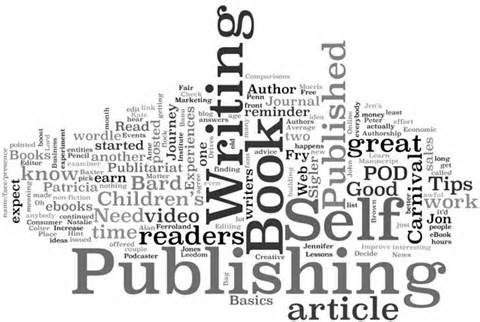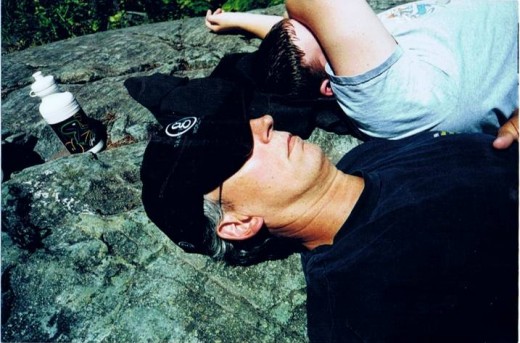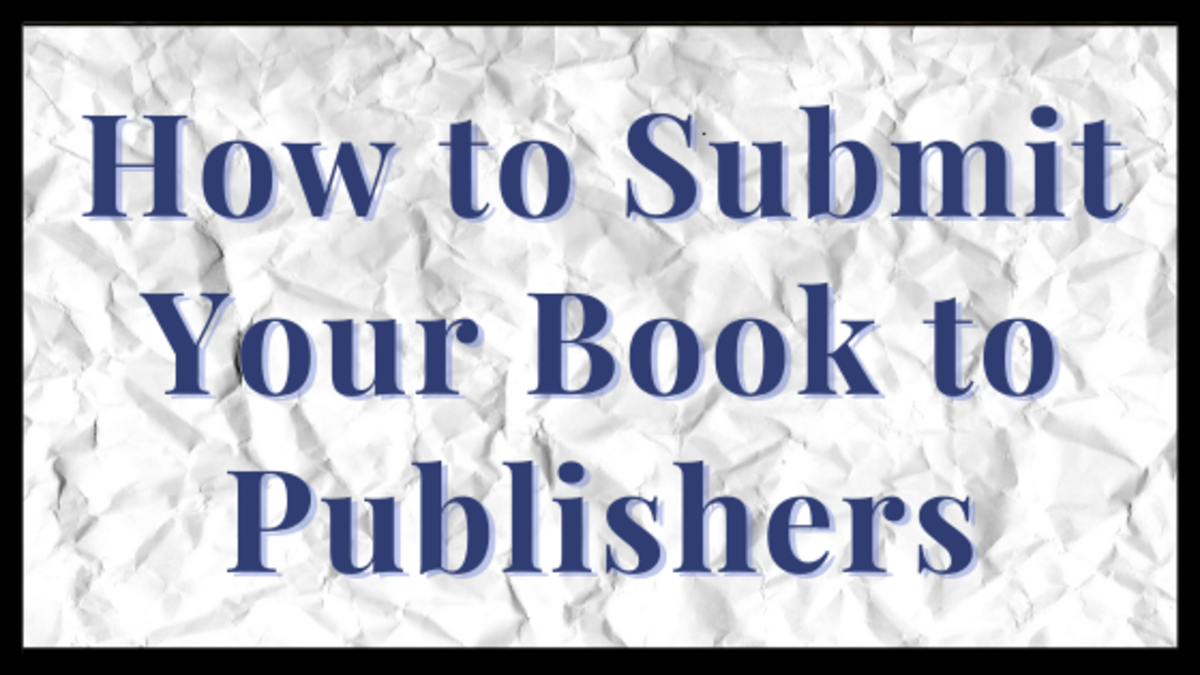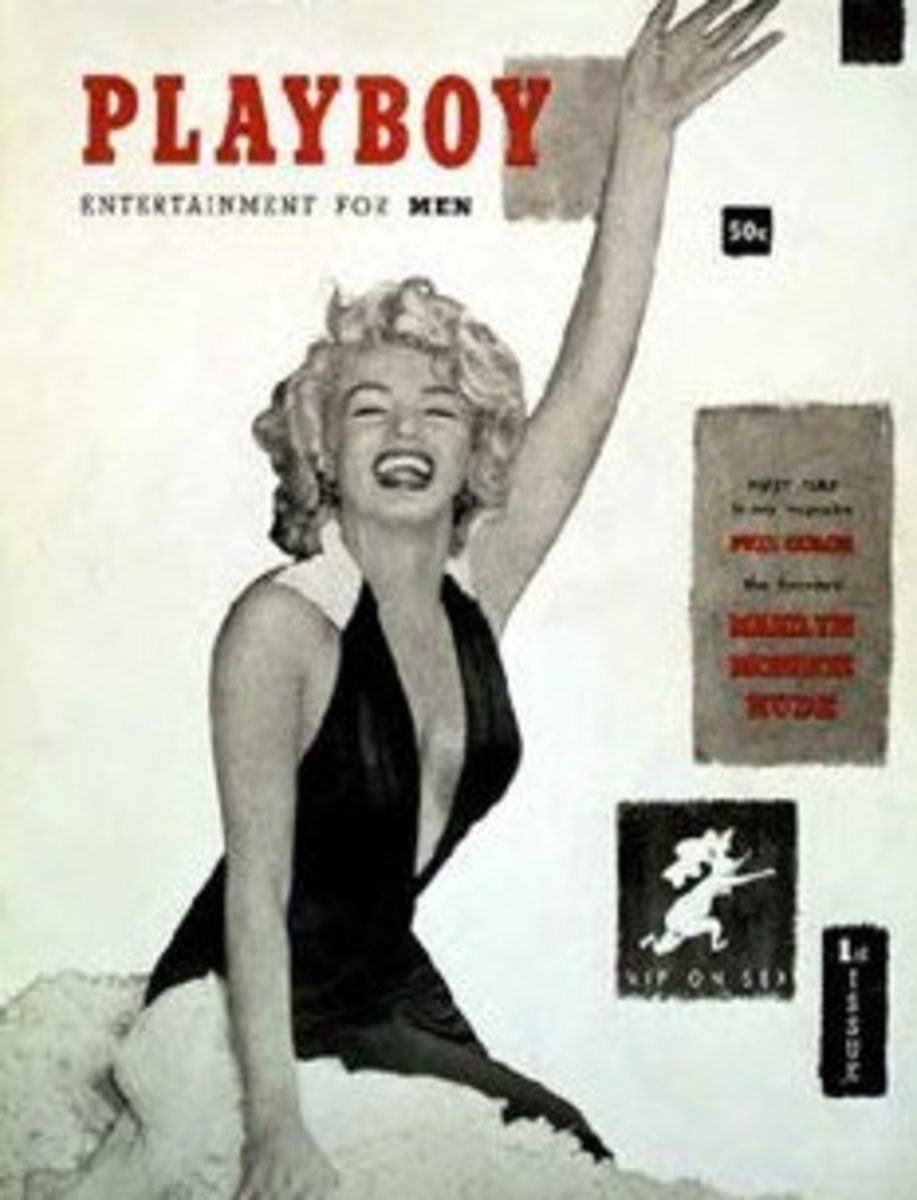The Top Five Mistakes To Avoid When Submitting Your Writing For Publication
HOW NOT TO GET PUBLISHED
I want to believe. I really do.
I want to believe that the cream always rises to the top.
I want to believe that hard work, perseverance and determination will find reward.
Most of all, I want to believe that talent will be rewarded.
However, we live in the year 2013, and we are surrounded by slight-of-hand magicians who can sell you on one thing all the while delivering the other. In the world of 2013, inexperienced and sub-standard writers and others in the Arts can become successful if they properly manipulate the system.
We live in a world of ten-second sound bites, and if you don’t have it, baby, in those ten seconds then you’ll never have it, because we gotta run, and we’re on the move, and we pull into the drive-through lane and order and eat and push the pedal to the medal and dammit, man, where is my entertainment.
Instant gratification my friend, and he who can dazzle in ten seconds is the king of our new media world, and quality, what’s quality, so throw it all together, mish mash, wham bam thank you ma’am, and quality can take a hike.
In other words…..
It’s a tough world out there.
And since it is a tough world, it is so very important that we do everything possible to increase our chances of getting published.
The average agent….the average publisher….the average magazine editor….sees thousands of query letters and submissions per month. Yes, I said per month! On average you have no more than ten seconds to make your pitch and convince them that you are the writer they have been waiting for.
Now, for the sake of this article, we will assume you are a decent writer, so let’s not talk about the quality of your writing. Rather, let’s talk about mistakes you should avoid that are so simple in nature that any numbskull could avoid them if they were paying attention at all. I am talking about mistakes that are killers in the publication business, and yet they go unnoticed in the excitement and frenzy of writing query letters and sending in submissions.
What are they?

Need help with a query letter?
- How To Write A Successful Query Letter
How do you get the attention of an agent/publisher? Probably the single most important step is to craft a professional query letter. Follow these suggestions and you just might hook an agent.
POOR QUERY LETTER
If you want to be published then you need to learn how to write a proper query letter. Period! You may have written the greatest article or book known to man, but it will remain safely hidden in your personal archives unless you craft an excellent query letter.
There is a wonderful tutorial on query letters in the Writer’s Market, a book I have referred to in the past as the Bible For Writers. I have also written an article about how to write a query letter which you can see to the right of this section.
Rather than rehash that which has already been stated, let me simply state that if you do not have a great hook then forget about it. The hook is the opening statement that literally must snag the editor or publisher and make them want to read the rest of your letter. If you do not sell your writing in the first paragraph then you are wasting your time.
These people read hundreds of query letters each day. What makes your different?
NOT READING THE SUBMISSION GUIDELINES
You can find submission guidelines in the Writer’s Market. You can also go to the website of the magazine or publisher and find their submission guidelines there.
Read them completely.
Here is an example of a submission guideline from Carina Press:
Romance
We are seeking submissions in all subgenres of romance with all all levels of sensuality. We welcome everything from the very sweet to the incredibly erotic, featuring couples (or multiples) from all walks of life and sexual orientation, including same-sex romances. Romances should focus on the development of the relationship, as well as external and internal conflict; the heat level should be appropriate to the book and enhance the story, and the primary relationship in the book should offer a happily ever after (HEA) or happily for now in an emotionally satisfying manner.
Subgenres of romance we are seeking include, but are not limited to, historical, romantic suspense, romantic comedy, futuristic, contemporary, western, Egyptian, Roman, paranormal, erotic romance and fantasy.
Romantic suspense authors should also look at our mystery guidelines below
Miniseries have proven to be very popular with readers and Carina Press is looking for interesting twists on established, popular romance themes and tropes (marriage of convenience, cowboys, friends to lovers, billionaires, vampires, secret babies and more). We are interested in seeing your fresh interpretation on these tropes and themes. The only limit is your imagination!
If your writing does not fit within their guidelines then don’t bother to submit because they will not bother to read your work.
Join me on my writing blog
- Artistry With Words | A topnotch WordPress.com site
Tips, suggestions, great writers sites, contests and much more on my writing blog
NOT FOLLOWING THE SUBMISSION GUIDELINES
I know this seems ridiculously obvious, but it is amazing how many people read the guidelines but do not follow them.
Let’s look at the guidelines from The New Yorker Magazine:
Submissions should be sent by e-mail to the appropriate department, as indicated below:
Fiction: fiction@newyorker.com
The Talk of the Town: talkofthetown@newyorker.com
Shouts & Murmurs: shouts@newyorker.com
Poetry: poetry@newyorker.com
We cannot accept submissions that are sent as attachments, so please send your work as part of the body of an e-mail. No more than one story or six poems should be submitted at one time. We prefer to receive no more than two submissions per writer per year, and generally cannot reply to more.
The New Yorker does not accept submissions by mail or by fax, and we cannot be responsible for the loss or return of unsolicited pieces. We do not consider simultaneous submissions or material that has been previously published.
We try to respond to all submissions, but, due to volume, we may take up to eight weeks to respond.
It clearly states that submissions must be send by email. Still, daily writers send submissions by snail mail and then wonder why they do not hear anything. Daily writers will send their work to the wrong email address, and daily writers will send attachments although it says not to do so.
If your article or book is important enough to you to send to a publisher, then do yourself a great service by following to the letter the instructions given to you.
NOT READING THE PUBLICATION
It is always suggested that you read some articles that are already published in the magazine that you are approaching. You need to see if your writing style is similar to those articles already published. Every magazine and publication has their own editorial philosophy. Some are looking for articles that have an edge to them. Some are looking for articles that are heavy in quotes and/or interviews.
If your writing does not match their style then chances are you will not be considered for publication. Take the time to do some research prior to submission. Your time is too valuable to waste it on submissions to a magazine that will not appreciate your style and voice.
NOT PROOFING YOUR WORK
Can you imagine sending an article to a publisher or editor and having grammatical errors in the article or query letter? Can you imagine what that says about you as a writer?
When dealing with professionals like editors, publishers and agents, your first contact may be your only chance. Why torpedo your only chance by misspelling words?
I know, you are shaking your head right now and saying to yourselves that this is so obvious it needs not be stated, and yet it is done daily around the world. A writer crafts a brilliant article, spending countless hours on it, and then sends off a query letter with a misspelling, and their letter is tossed away.

AND A BONUS
I’m feeling extra generous today, so let me tell you the biggest mistake many writers make when submitting work. Are you ready?
They give up too soon!
Yes, writers will give up. They receive rejection letter after rejection letter, and their moods take a dive, and they begin to think less of their abilities, and they give up.
Try this exercise. Go to the nearest newsstand or bookstore and pick up any magazine at random. Now read an article in that magazine. Chances are that you can write an article that is equal to or better than that article you are reading. I have said the same thing about many novels I have read. There are few great books. There are many good books, and there are many, many mediocre books, but there are few truly great ones.
If those mediocre books found a way to be published, and if those average magazine articles somehow found themselves on the pages of a publication, then there is no reason why your articles cannot find success, but it requires you to grow an extra layer of protective skin and a willingness to endure the rejections until success finds you.
Rejections are not a personal attack on your ability as a writer. They simply say that your work was not what the editor was looking for at that time. Maybe the rejection says your query letter was not sufficient, or maybe the rejection says that it was the wrong place at the wrong time. It does not say you are a poor writer.

NOW DO WHAT YOU WERE BORN TO DO
And write!
I want you all to succeed. If you have read my articles in the past you know that to be true. There is a large literary pie out there and I want you all to taste it. Avoid these common mistakes and you will have increased your chances of being published….but…..
There is no substitution for good writing. Above all other suggestions, the first one you must pay attention to is that you need to improve your craft. During the entire history of time there has never been a perfect writer. I have never heard of a respected and successful author who did not continue to tweak their style and try to squeeze another ounce of brilliance from their writing.
I do not believe in shortcuts and neither should you. Yes, it is easy in today’s world to self-publish, and the advent of ebooks means that overnight you can be a published author, but will you be a good one? Only you can answer that question, and only you can elevate your writing style so that one day you can look at your work and be proud of it.
2013 William D. Holland (aka billybuc)
“Helping writers to spread their wings and fly.”








